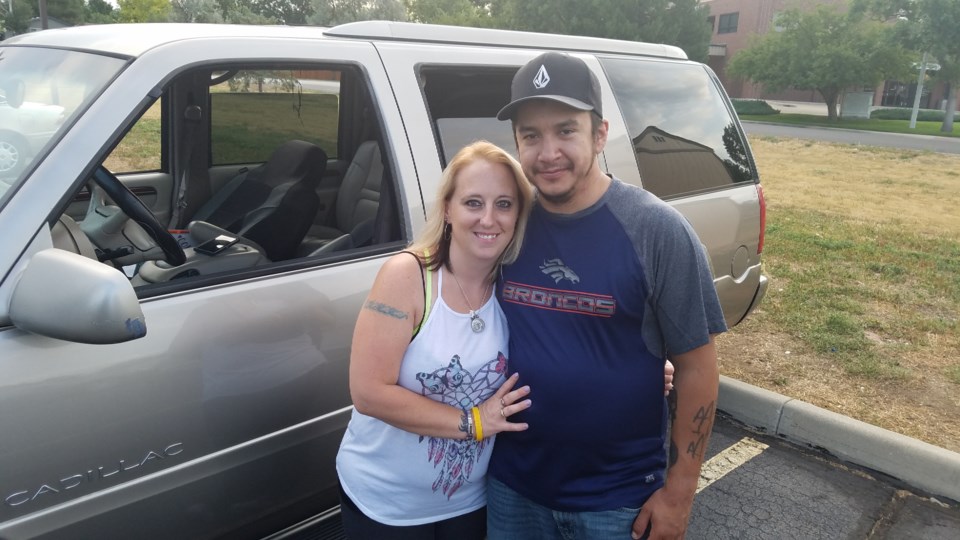Longmont’s ground-breaking SafeLot program is expanding into Boulder at Congregation Har HaShem, known for its advocacy for social justice programs and outreach work toward the homeless, a Safe Lot spokeswoman said Tuesday.
“...Har Hashem … supports the community in so many ways around self-sufficiency and homelessness,” said Kimberly Braun, director of development for HOPE (Homeless Outreach Providing Encouragement), via email.
The original SafeLot opened at a church parking lot in Longmont in June, using eight parking spaces to park their vehicles.
A second SafeLot opened in February and a third opened earlier this month, Braun said. Safe Lot officials have asked that the Longmont locations not be publicly identified in order to keep residents safe from harassment.
The Boulder lot at Har HaShem, 3950 Baseline Road, opens Monday, she said.
HOPE developed the SafeLot program to allow homeless families to safely live in their vehicles while they work and look for permanent homes, Executive Director Joseph Zanovitch, told the Leader last year. Recreation vehicles are not allowed in the lots.
SafeLot residents can get meals and access to a shower at the local church while they rebuild their lives, Zanovitch said. The SafeLot effort is the first of its kind in the state because it offers shelter to families who do not feel safe in local homeless shelters.
“For women, it’s especially difficult,” Zanovitch told the Leader. “They fear for themselves and their children.”
Their vehicles are their only sanctuary after they have lost their homes or apartments because of financial collapse, Zanovitch told the Leader. “To them, their vehicles are their homes. Their last link to their former lives,” he said.
The program draws people who generally refuse to seek housing help, Braun said.
“...The need for this program is seen best once it is offered,” she said, “because many having to sleep in their cars do not make known their challenge publicly.”
SafeLot has housed 18 individuals in seven months. The program has received more than 100 applications and SafeLot workers have interviewed 46 people for possible entry, Braun said.
SafeLot applicants undergo an interview process and a background check before they are issued a parking space, Zanovitch said. Vehicles also are registered with the SafeLot property and HOPE. Residents must adhere to a strict code of conduct but are allowed to stay as long as they need.
“We had a waiting list from the beginning,” she said.
To apply for the SafeLot program, click here.

